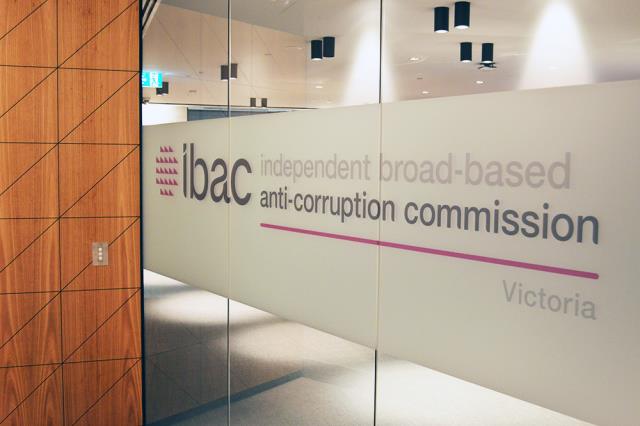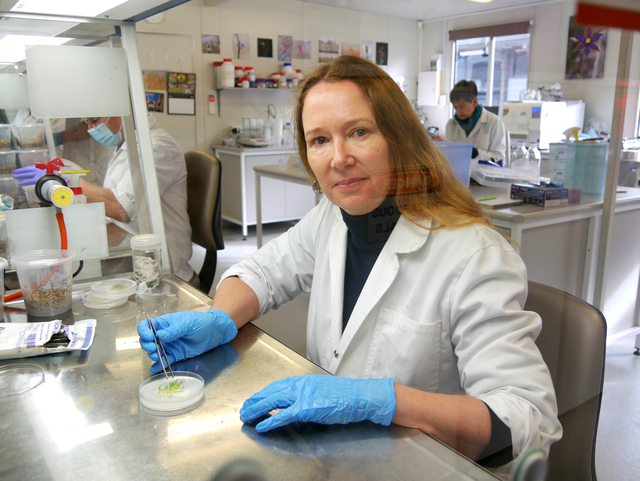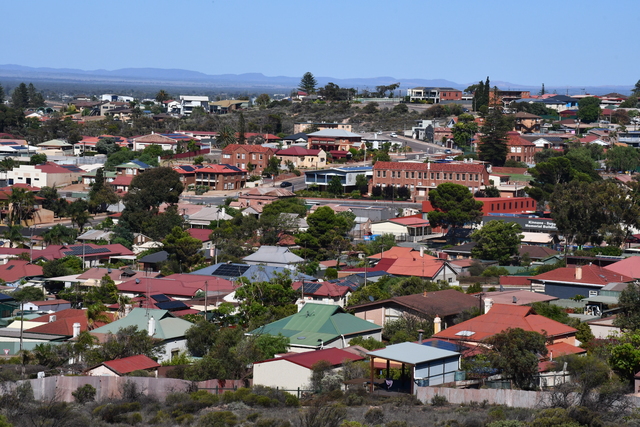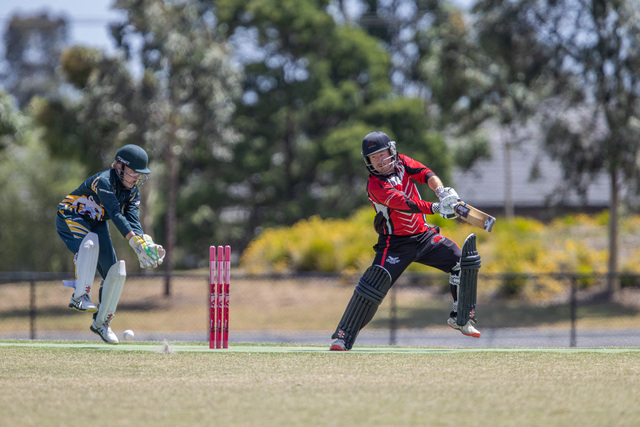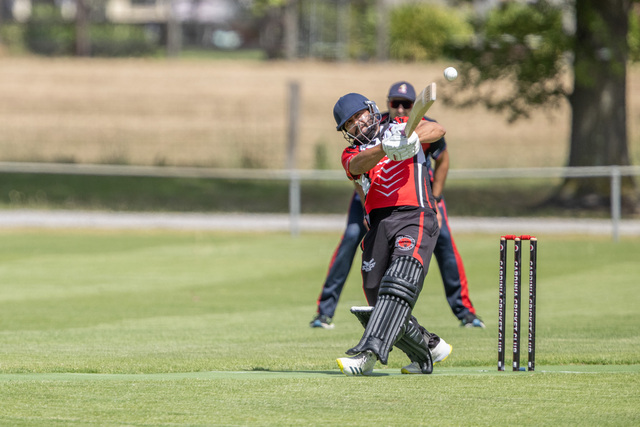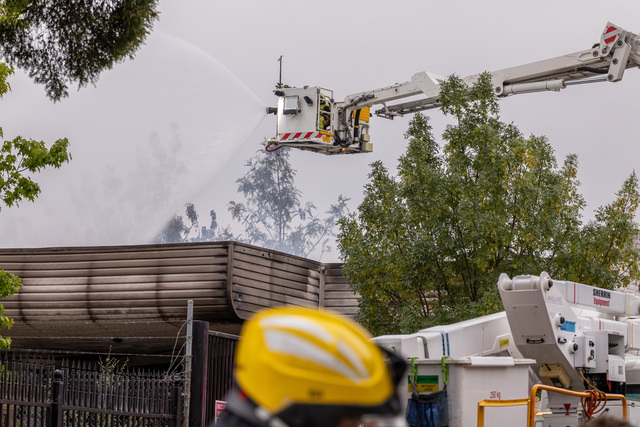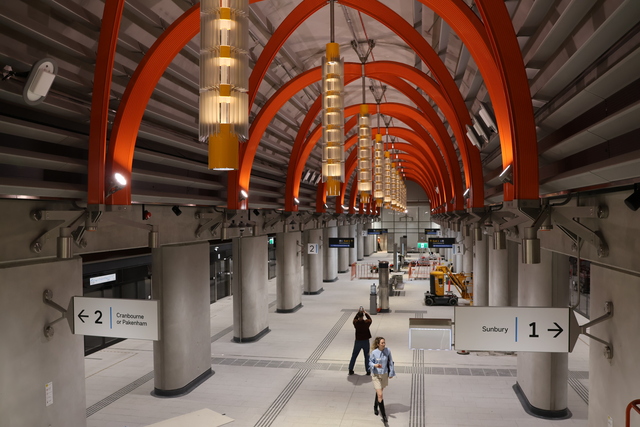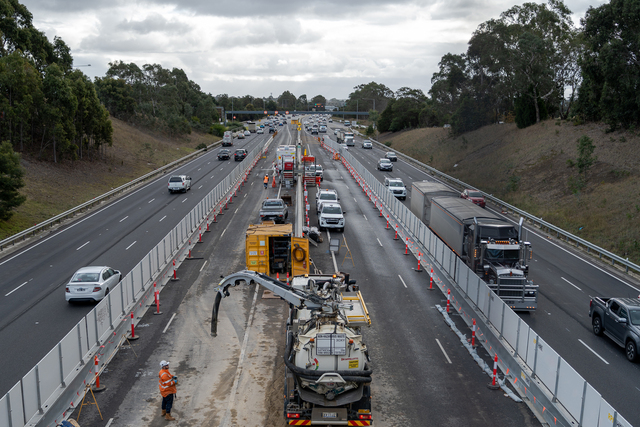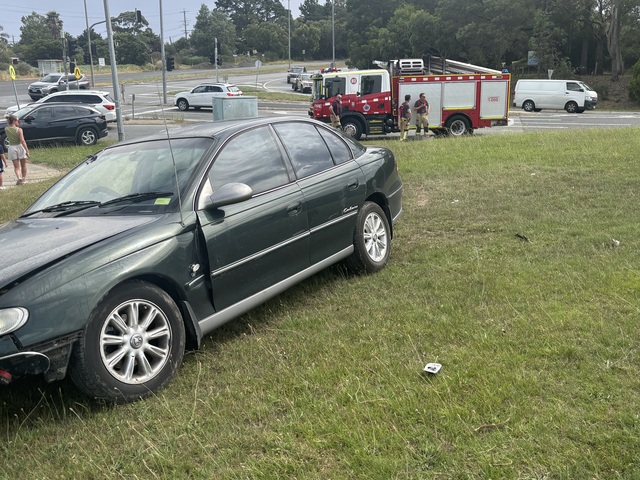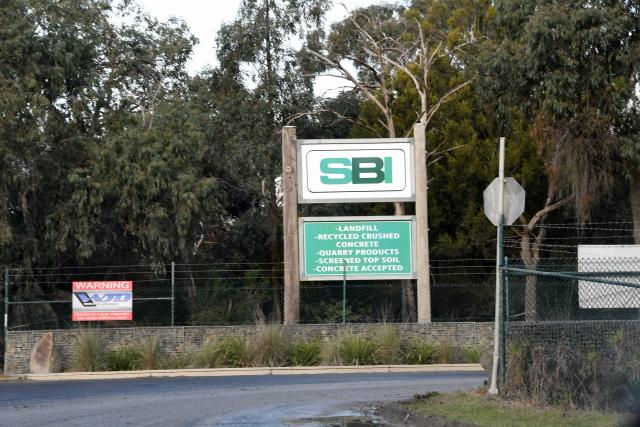Casey Council is silent on the State Government’s looming plans to reduce councillors’ planning powers, in the wake of an anti-corruption body’s report into the council on 27 July.
In early 2020, Casey councillors were sacked by the State Government during the IBAC Operation Sandon inquiry.
The IBAC report has recommended taking planning decisions out of councillors’ hands and instead being made by independent expert panels.
Casey, which is still under a panel of administrators, was circumspect on the possible move.
“Council will determine its position when the State Government considers draft legislation following on from the IBAC report,” a spokesperson said.
IBAC deputy commissioner David Wolf said the “complexity and technical capability to deal with planning matters is beyond councillors”.
He also noted their “corruption vulnerabilities”, as well as the “enormous” amount of time required to assess planning applications.
Casey councillors stated they didn’t have time to be across the detail of planning applications, the IBAC report stated.
One of them was its most experienced councillor Wayne Smith, who had “crucial” casting votes on some planning decisions relating to developer John Woodman.
According to IBAC, Smith “often did not read the voluminous Casey Council planning papers, instead preferring to follow Councillor (Sam) Aziz’s lead because he had confidence in Councillor Aziz’s judgment on those matters”.
IBAC found that Aziz received about $600,000 from Woodman while supporting the developer and associated entities in planning decisions without declaring his “blatant” conflict of interest.
Premier Daniel Andrews has indicated that the role of local councils in “significant planning decisions” should be reduced, emphasising the urgent need for housing supply.
“To have part-time councillors making decisions to turn, say, farmland into a new suburb where you’re talking about vast amounts of money – there’s clearly a risk that things can go wrong there.
“There are a lot of councils not making decisions at all. VCAT is having to make all their decisions. (The councilors) say no, no, no even though council officers are saying we should do this.”
Municipal Association of Victoria president David Clark warned the Government not to shift planning powers into the “backrooms of Spring Street”.
He said this was an opportunity to improve transparency and accountability in the planning system.
“With the report clearly stating that corruption risk cannot be resolved by transferring responsibility from elected councillors to a minister, it would be a travesty for the Andrews Government to use the findings to centralise planning powers within the backrooms of Spring Street.”
Greater Dandenong mayor Eden Foster defended the council’s “vital role” in planning decisions.
“Greater Dandenong City Council feels strongly that it has a vital role to play in the decision-making process on town planning matters within its municipality and is the most appropriate level of government to know and represent the interests of its community.”
Since 2020, Casey has endorsed a new protocol and policy for its councillors’ role in land-use planning.
Other changes include:
– reviewing governance and integrity systems at the City of Casey
– setting out a clear governance audit and action plan
– developing a new policy to guide strategic planning scheme amendment requests from proponents/developers
– reviewed delegations to ensure they are appropriate
– embedding conflict of interest obligations.
Casey stated that its formal response to the IBAC report and recommendations will be tabled at a future council meeting.

